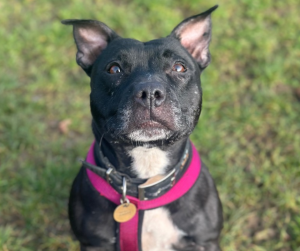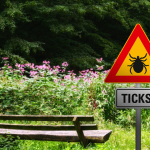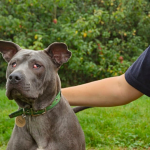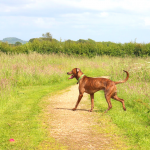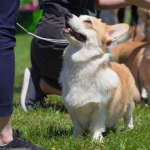
Family-friendly dog breeds
Choosing the right dog for your family is one of the most important decisions you’ll make as a pet owner. A family dog will become an integral part of your household, sharing in the joys, challenges, and milestones of everyday life. Whether you’re looking for a playful partner or a loyal companion for your home, considering family-friendly dog breeds can help guide your decision.
When researching dog breeds, it’s important to consider factors such as temperament, size, energy level, and how well the dog interacts with children and other pets.
Here are some family-friendly breeds:

Labrador Retriever
Positive aspects: Friendly and a gentle breed with a good temperament. They are generally social and adaptable, making them an excellent choice for families.
Consideration: Their high energy requires regular exercise, which may be challenging for some families.
Golden Retriever
Positive aspects: Similar to the Labrador, Golden Retrievers are usually affectionate, patient, and friendly, with a good temperament.
Consideration: They can be prone to shedding and require regular grooming.
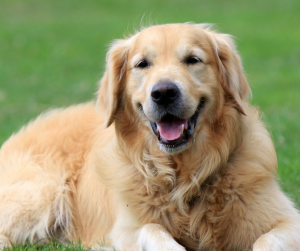
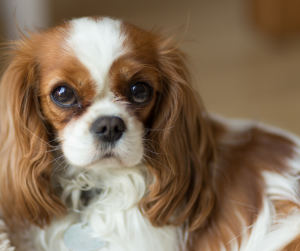
Cavalier King Charles Spaniel
Positive aspects: These dogs are small, affectionate, and usually have a great temperament. They’re very adaptable and tend to get along well with other pets.
Consideration: They can be prone to certain health issues like heart problems, which may require extra care.
Beagle
Positive aspects: Beagles are energetic, friendly, and often great with families. They’re small to medium in size, which makes them a good fit for families with smaller homes.
Consideration: Their strong hunting instincts can lead them to wander off if not properly secured.


Boxer
Positive aspects: Known for their playful and energetic nature, Boxers are usually great companions for active families.
Consideration: Their high energy and playful nature may be overwhelming for families with very young children or older adults.
Poodle (Standard, Miniature, or Toy)
Positive aspects: Poodles are highly intelligent, easy to train, and come in various sizes. They’re often good with families and usually don’t malt, which makes them ideal for families with allergies.
Considerations: While intelligent, Poodles can be somewhat sensitive, and may require consistent training and attention. They also require daily brushing and regular grooming.
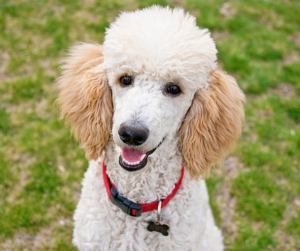
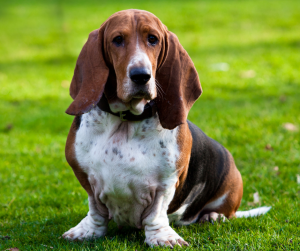
Basset Hound
Positive aspects: While Basset Hounds are laid-back and not as energetic, they are usually extremely gentle and affectionate, making them great family pets.
Consideration: Their stubbornness can make training challenging, especially for first-time dog owners.
Shih Tzu
Positive aspects: Small, often affectionate, and friendly, Shih Tzus make great companions for families.
Consideration: Their long coat requires frequent grooming and maintenance to avoid matting.
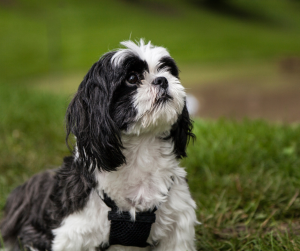
German Shepherd
Positive aspects: If you’re looking for an active, loyal, and intelligent dog, German Shepherds are a wonderful option.
Consideration: Their high energy and need for mental stimulation can make them a handful for busy families.

Are you in need of some more inspiration? Have a look at all of our dogs available for adoption here.
FAQs
The best dog for young children is one with a gentle temperament, patience, and a friendly nature. No matter the breed, early training, proper supervision, and mutual respect between the dog and the child are key to a successful and safe relationship.
Consider your family’s lifestyle and experience with animals as well as how much space you have to offer. How much time you feel you can dedicate to training, exercise and grooming will guide you towards the appropriate breeds.
Whilst no dog is completely allergen free, their are some breeds that shed less. These include Poodles (and poodle mixes), Bichon Frise and Portugese Water Dogs.
Absolutely! Rescue animals make wonderful companions and are thoroughly assessed to ensure the right family is found. Here at CDCH we take the time to match dogs with suitable adopters and support you throughout the whole process.
Categories
- Appeals (5)
- Events (9)
- News & Updates (68)
- Happy Tails (23)
- Past Appeals (95)
- Past Events (99)
- Support & Advice (46)
- Challenge Events (2)
Recent Posts
Related posts

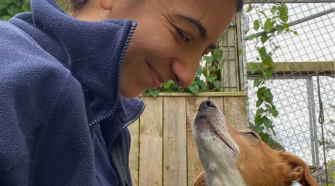
How to Prepare Your Home for a Rescue Dog

Dog-Friendly Places to Eat in the Cotswolds

Beat the Heat: Homemade Frozen Treats Your Dog Will Love
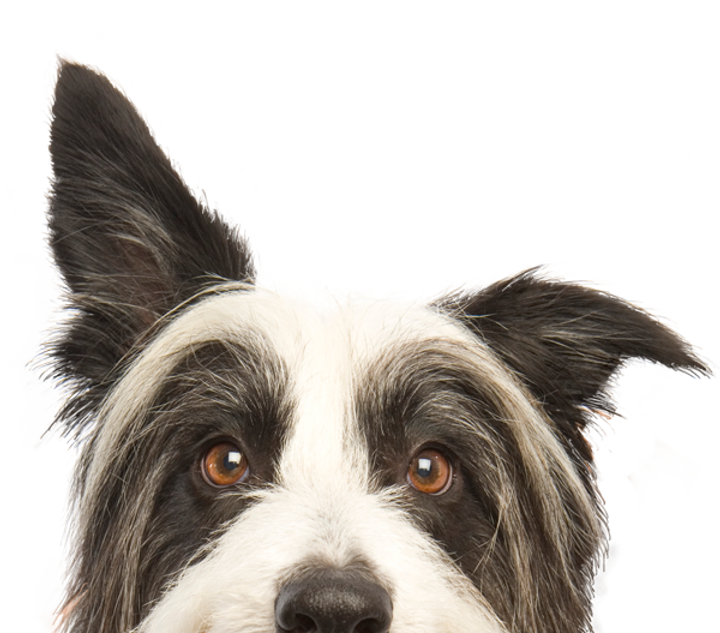
To report cruelty or an animal in distress call 0300 1234 999

